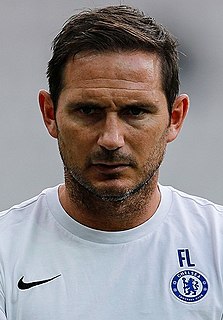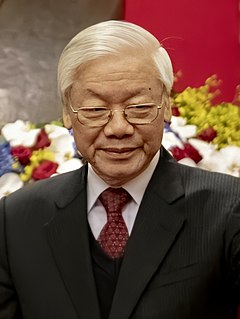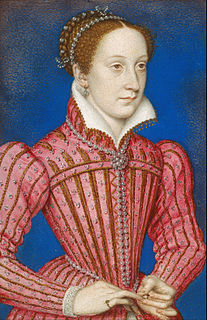A Quote by Robert Green Ingersoll
I read the other day an account of a meeting between John Knox and John Calvin. Imagine a dialogue between a pestilence and a famine!
Related Quotes
I am not superstitious, but the first time I saw this medal, bearing the venerated likeness of John Calvin, I kissed it, imagining that no one saw the action. I was very greatly surprised when I received this magnificent present, which shall be passed round for your inspection. On the one side is John Calvin with his visage worn by disease and deep thought, and on the other side is a verse fully applicable to him: 'He endured, as seeing Him who is invisible.'
The difference between the Parthenon and the World Trade Center, between a French wine glass and a German beer mug, between Bach and John Philip Sousa, between Sophocles and Shakespeare, between a bicycle and a horse, though explicable by historical moment, necessity, and destiny, is before all a difference of imagination.
I remember Emilio [Estevez] and I were at John's house during the rehearsal process. And John [Huges] had mentioned he wrote the first draft of Breakfast Club in a weekend. And we both at the same time went, "First draft? How many do you have?" And John said he's got four other drafts. And we go, "Can we read them?" And for the next three hours, Emilio and I read those other four drafts.
When I first heard from the lips of Lucretia Mott that I had the same right to think for myself that Luther, Calvin, and John Knox had, and the same right to be guided by my own convictions, and would no doubt live a higher, happier life than if guided by theirs, it was like suddenly coming into the rays of the noon-day sun, after wandering with a rushlight in the caves the earth.
John Calvin's theology emphasizes the sanctity of conscience, the sanctity of companionate marriage, and the obligation of those in power to attend to the well-being of the people in general, especially the poor. Interestingly, for the interpretation of Hamlet, for example, he forbids even the thought of revenge. This is not the Calvin of myth, but when the Elizabethans read him there was no such myth, nor would there be now, if he were read.
The old truth that Calvin preached, that Augustine preached, that Paul preached, is the truth that I must preach to-day, or else be false to my conscience and my God. I cannot shape the truth; I know of no such thing as paring off the rough edges of a doctrine. John Knox's gospel is my gospel. That which thundered through Scotland must thunder through England again.































